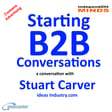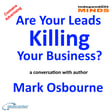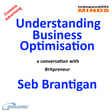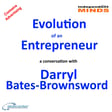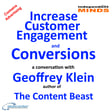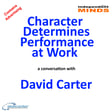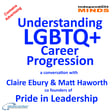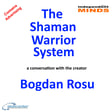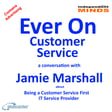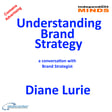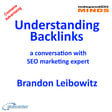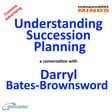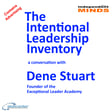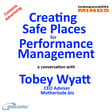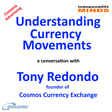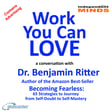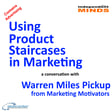
AI is Your Business Brain – a conversation with digital twinning expert Philip Milne
Philip Milne built his IT expertise working at the sharp end of business as he endeavoured to use technology in all its forms to make his business more efficient and more profitable.
Now as the founder of Intelidat Philip helps other business owners make better use of their investment in IT and the data that that IT helps to generate.
In this episode of the Abeceder podcast The Independent Minds, Philip explains to host Michael Millward the big mistake that business owners make when it comes to effectively using IT and AI within their business.
Philip describes the difference between AI that has been designed for personal use and AI that has been designed for business use.
Philip also explains the advantages of using AI as business brain that acts like an identical twin of your organisation.
You will leave this podcast appreciating more about the practical application of AI in your organisation.
More information about Philip Milne and Michael Millward is available at abeceder.
The Independent Minds is made on Zencastr, because as the all-in-one podcasting platform, Zencastr really does make creating content so easy.
If you would like to try podcasting using Zencastr visit zencastr.com/pricing and use our offer code ABECEDER.
Travel
With discounted membership of the Ultimate Travel Club, you can travel anywhere else at trade prices on flights, hotels, trains, and many more travel related purchases.
Fit For Work Look after your health and you will be fit for work.
It is important for entrepreneurs maintain good mental and physical health. That is why we recommend The Annual Health Test from York Test; a 39-health marker Annual Health Test conducted by an experienced phlebotomist Hospital standard tests are carried out in a UKAS-accredited and CQC-compliant laboratory.
A secure Personal Wellness Hub provides easy-to-understand results and lifestyle guidance
Visit York Test and use this discount code MIND25.
Three the network Visit Three for information about business and personal telecom solutions from Three, and the special offers available when you quote my referral code WPFNUQHU.
Being a Guest
We recommend that potential guests take one of the podcasting guest training programmes available from Work Place Learning Centre.
We use Matchmaker.fm to connect with potential guests If you are a podcaster looking for interesting guests or if you have something interesting to say Matchmaker.fm is where great guests and great hosts are matched and great podcasts are hatched. Use our offer code MILW10 for a discount on membership.
We appreciate every like, download, and subscriber.
Thank you for listening.

